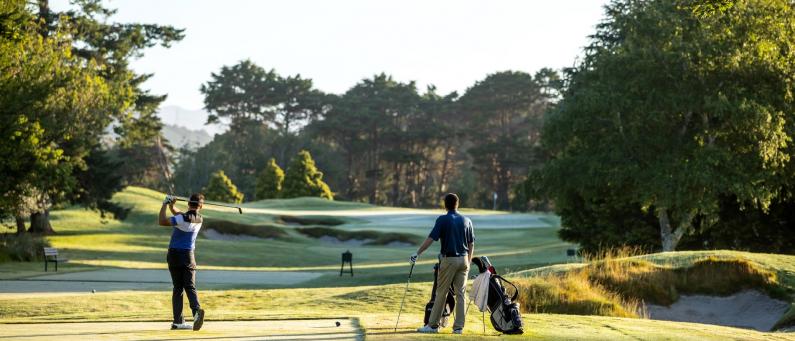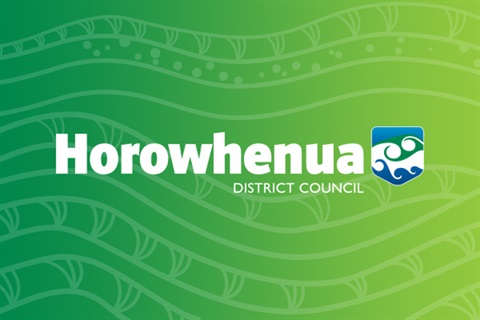Royal Wellington recognised for sustainability efforts, again
Royal Wellington Golf Club has again been recognised for its environmental and sustainability efforts, this time by the IAGTO and the GEO Foundation.
After winning the Environmental Club of the Year Award at the 2020 National Golf Awards, Royal Wellington has been awarded the Nature Protection Award at the IAGTO Sustainability Awards for its commitment to the management of its unique landscape.
The course is home to a wide variety of habitats; the wetlands and woodlands are home to notable flora species supported by an onsite nursery, as well as 64 beehives that support other critical species. They’ve also implemented an extensive trapping program that the members are heavily involved in.
Sustainability history
Royal Wellington has always had a proud environmental and sustainability history, and the club’s General Manager Dylan Lindstrom is proud of the club’s work in the space.
“Personally, I am really proud of John Spraggs who’s driven a lot of the sustainability work as well as the members who support him so he can do what he does best.
“Being a sustainable club that’s environmentally friendly is almost a core value of the club. We manage to maintain a beautiful environment, and John Spraggs has been driving that for the past decade.”

John Spraggs is the Course Manager at Royal Wellington and is a proud club member. He was present at the beginning of the club’s sustainability journey and has guided the club to where they are today.
He says sustainability comes second nature to the club now.
“This award is just a follow on from the work we have been doing since we last spoke when we won the Environmental Club of the Year award.
“Here is a little bit of history: We first became GEO Certified just prior to the Asia-Pacific Amateur Championship in 2017, and we recertified in 2020 as it’s a three-year cycle.
“In the time we have become certified, we’ve re-grassed the golf course, we’ve got an approach to using organic fertilisers and compost tees instead of using synthetic fertilisers, and then we have all the other programs such as predator control, wasp control stations, wildflower gardens, we have over 60 beehives on the course, and we have large environmental ‘no-go’ zones, where no equipment is allowed.
“The rest of it are things like stream-care plans, monitoring stations, and one of the big thing for us is reducing our carbon footprint, we consciously try to go down the hybrid technology route when replacing equipment.
“Most recently, we did a complete bunker renovation where we were able to recycle the sand. We purchased screening equipment, and rather than buying new sand, we processed the 10-year-old sand in the bunkers and cleaned it right up so the sand was better than it would have been if we had bought it new. We saved hundreds of thousands of dollars by doing that.
“We’ve recently started up composting areas for our green waste and have a couple of worm farms, we are producing products that we use in our Compost tees, all of these measures are reducing our reliance on Landfills.
“It’s nice to have the support of the club; it would be easy to put something like this in the too hard basket,” Spraggs explains.
Member-driven initiatives
Their work in nature protection has turned heads overseas and is the reason they won the IAGTO Sustainability award. They’re fast approaching the end of their five-year plan to increase naturalized areas which have boosted environmental habitat areas by approximately 25 per cent.
Spraggs says the work the club has done in this space is impressive, especially as a large portion of the work is member-driven.
“We have a trapping program which the members are heavily involved in. The club purchased 70 traps, and the program has been going on for about three years now. We mapped it out with the Greater Wellington Regional Council and the Department of Conservation as to where the best locations were.
“We then asked the members to contribute, and they were sold overnight. It was quite incredible actually; the members really bought into it.”
The Course Manager is keen to do a bird count in the future as he predicts the bird population has increased by more than double due to the trapping program.
“By lowering the stoat, hedgehog, and rat numbers, the birdlife has increased as they all love eating the eggs. We love the birds here, so we make sure we are trapping these pests so the native birds can thrive.
“We have ducks in the rivers and streams, as well as Tui, Piwakawaka, Kereru, and a big hawk or falcon that cruises up and down the streams most evenings,” he says.
Spraggs is incredibly proud of the Royal Wellington membership for getting right behind their environmental journey, and they’re clearly seeing the results.
Royal Wellington General Manager Lindstrom says while its great to be recognised, there is still more work to do for golf in New Zealand.
“It’s really great to be recognised, but one of the important things to remember is that we highlight and celebrate sustainability in golf, to try and get more golf clubs on board, and educate the public that golf is not what it was in the 90s. Golf courses were being built in the desert where plenty of resources was used and then covered the course in nasty pesticides.
“Golf has come a long way and is a lot more considered than it used to be.”















